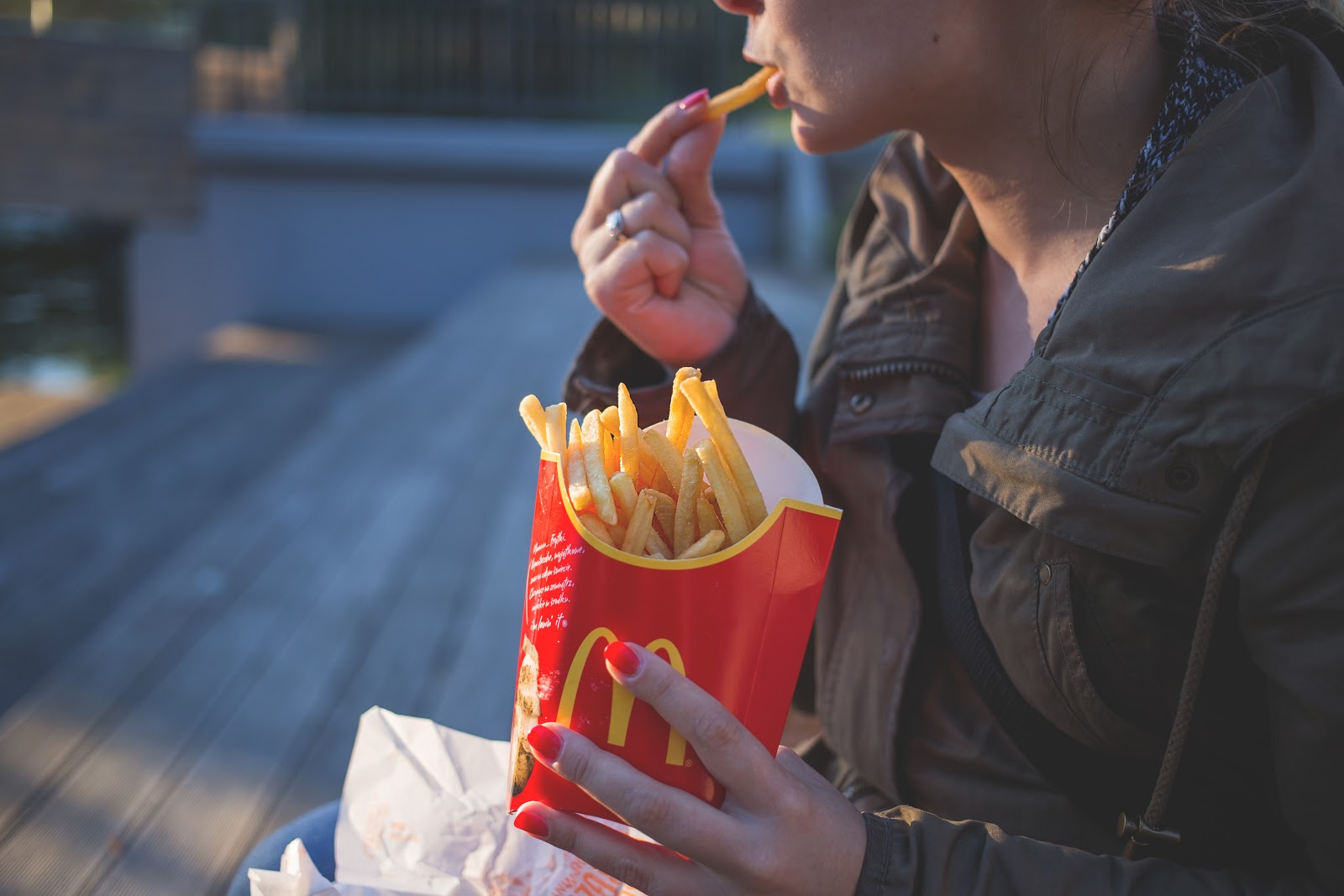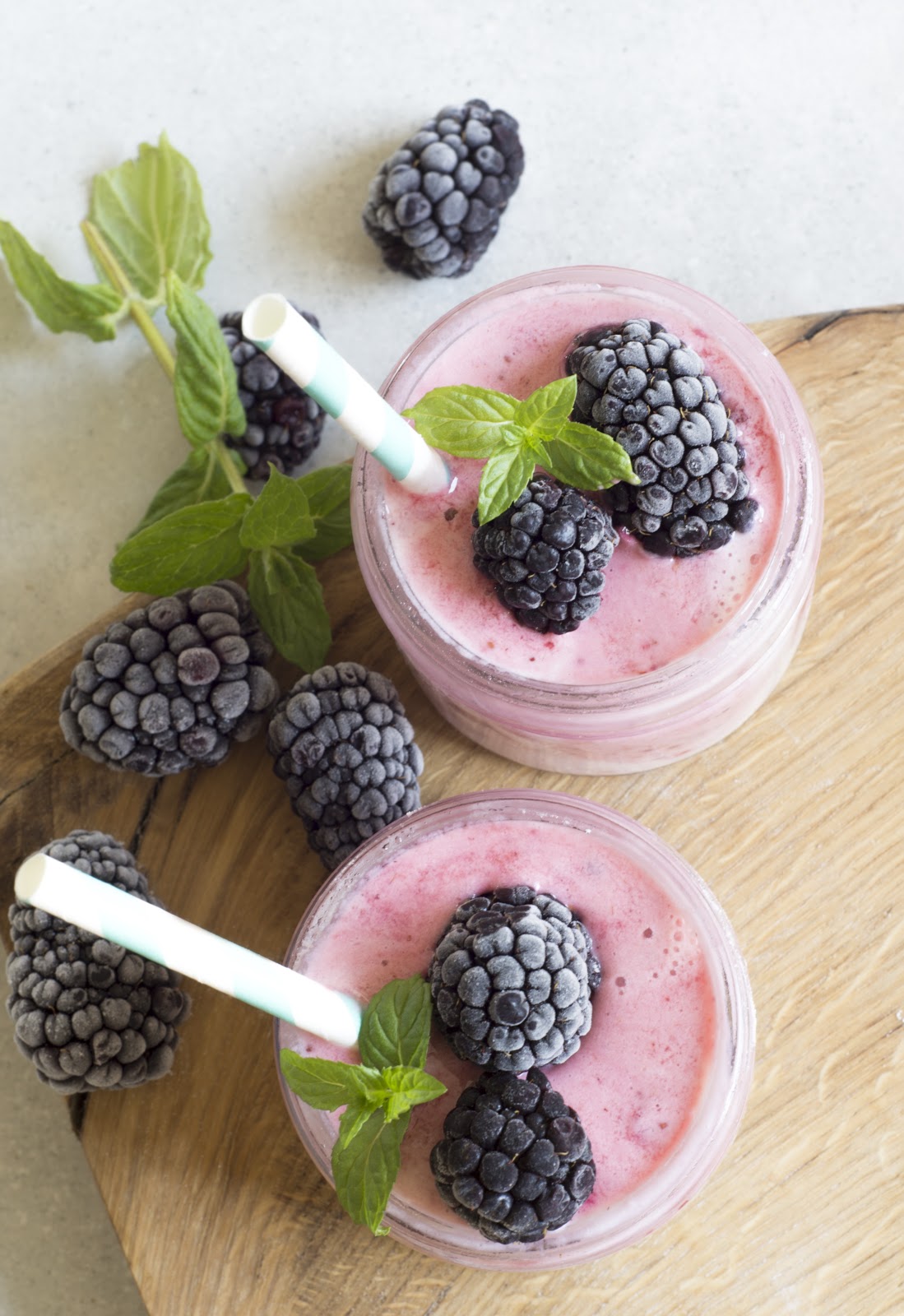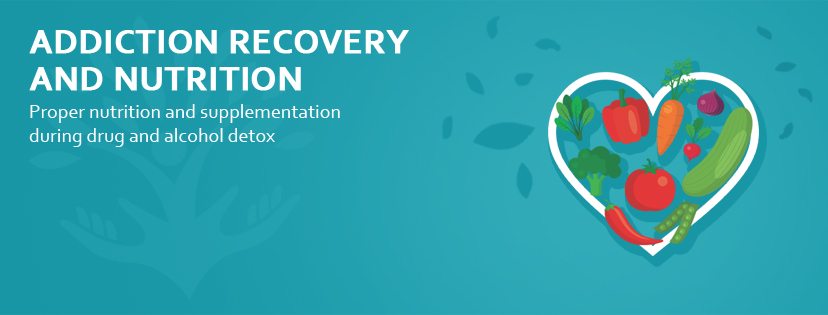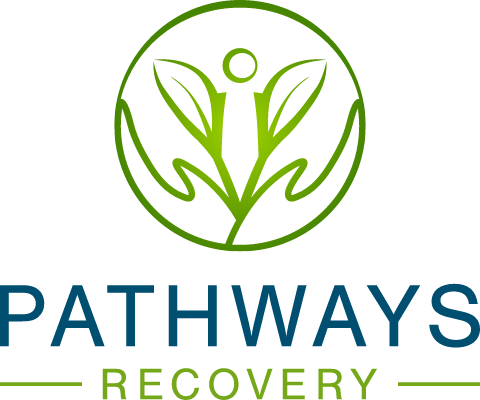Addiction Recovery and Nutrition
Proper nutrition and supplementation during drug and alcohol detox
At Pathways Recovery, located in Sacramento, CA, we strongly believe in the power of good nutrition. During the detoxification process for a drug addiction or alcohol dependency, we’re focused on making sure that you have a comfortable experience while your body works to remove toxins from your system. Part of our treatment in our detox program is focused on reintroducing quality food and nutrition to your body as toxins make their way out.
Healthy Living: Nutritional Help And Diet During Detox Treatment
You can be certain that at Pathways Recovery, we will provide you or your loved one with a healthy diet and plenty of information about healthy eating to build healthier eating habits in the future.
Your Body During Repeated Drug Abuse Looks Like…
When you use a substance for an extended period of time, many negative effects are inflicted on your body. This can include side effects of use or withdrawal symptoms. Use can also impact the choices you make concerning eating habits.
Individuals with substance use disorder often:

Binge eat late at night
Burn through the body’s energy supply more quickly
Lose important nutrients in excess through symptoms like vomiting
Have less energy and are often fatigued
Experience some damage to the stomach and/or digestive system, making it more difficult to process nutrients
Develop a variety of Gastrointestinal Disorders (e.g., irritable bowel syndrome)
Develop hypoglycemia (low blood sugar)
Poor nutrition may not seem too devastating at first glance, but over time, poor nutrition can increase your risk of developing more serious medical conditions and complications. There is potential to experience: tooth decay, high blood pressure, high cholesterol, increased risk of heart attack and stroke, type 2 diabetes, eating disorders, and greater risk of some forms of cancer.
Nutrition is a way to take care of your body and well-being through choices you can control every single day. In the midst of a substance use habit, we understand it can be difficult to focus on physical and mental health when you are fixated on a particular substance.
That’s why when you arrive for detox treatment, we’re here to help guide you with educational resources on healthy eating habits and delicious superfood snacks and meals.
Nutritional Therapy: Eat Better, Feel Better, Get Better
During detox treatment, you go through a process of removing harmful substances to your body. Our philosophy is that upon removing those substances, we also need to replenish and properly nourish your body with good substances. Food is fuel for your body, so nutrition is a great way to introduce good substances to your body.

Removing toxins and unhealthy substances from your body will eliminate that particular negative, but your body will still be experiencing the effects of poor nutrition. That’s why adding something positive back to your body is important after detox.
We need to focus on building up an influx of healthy food. The benefits of good nutrition are especially important for people in the detox process. As we explored in the previous section, your body can experience many negative side effects from substance use.
In looking forward to better habits, let’s explore some of the positives of good nutrition practices.
Benefits of good nutrition include:
- Reduced risk of heart disease, stroke, diabetes, and some cancers
- Lower high cholesterol levels
- Boost to your immune system so you can fight off illness more effectively
- Increased energy
- Better mental well-being, including a reduction in depression and anxiety symptoms
- Speedier recovery from sickness or injury
The specific nutrients that you should focus on getting depend on your history of substance use. Different substances can take different tolls on your body. The nutrients that you need to replenish may vary on what the substance has depleted. We’re going to take a look at two of the most common addictions and the nutrition needs they could benefit from.
It’s important to keep in mind that this is a general overview. Your needs could be different from someone with a similar substance use history because everyone’s body is different, can react differently to substance use, detox, and require a different diet.
If you’re unsure what nutritions you need to replenish, keep in mind that a good general rule to follow is to eat a healthy, well-rounded diet. Eat a variety of foods in moderation and make sure to keep up on consuming fruits and vegetables, especially dark leafy greens. Drinking plenty of water is also an essential part of healthy eating.
Alcohol Use Nutrition
Alcohol contains a lot of empty calories. Items with empty calories are calories that have little or no beneficial vitamins or minerals.
If you struggle with alcohol dependency or alcohol withdrawal, you might have some imbalances in levels of fluids, protein, and electrolytes. Damage caused by an alcohol dependency can affect the pancreas and liver, leading to a higher risk of seizures or hypertension (high blood pressure). A multivitamin can help replenish some vital nutrients in this case.
Opioid Addiction Nutrition
Opioid use tends to heavily affect the digestive system. Common symptoms of use include nausea, vomiting, and diarrhea. These symptoms can lead to dehydration, which can cause an electrolyte imbalance. Electrolytes are important minerals that help to balance water levels and the body’s acidity levels (pH).
Foods that are high in fiber can help to regulate electrolyte imbalances. Fiber-rich foods include avocados, raspberries, lentils, black beans, broccoli, and spinach.
Also remember that good nutrition is not a substitute for professional medical advice or the diagnosis and treatment of opioid addiction that may require medical detox at a qualified addiction center like Pathways.
In our facility, we strive to provide whole food nutrition. At the start of each day, we provide nutrient-dense protein smoothies. Our facility also uses a juicer to get fresh juice filled with micronutrients and enzymes from lemons, apples, and spinach. You can be sure that our food will be fresh and healthy, jammed pack of nutrients that are intended to help you recover.
Avoiding Junk Food
Junk food is a tempting and easy choice to reach for if you’re craving something to eat. Occasional junk food isn’t bad, but it’s especially important to try and avoid unhealthy foods while you are going through detox.
Presumably, when you go through detox you have some nutrient deficiencies. Junk food won’t help in correcting a nutrient deficiency because of all the empty calories it contains. The nutritional content of junk food is notoriously low, but that’s no surprise. Junk food is seen as the “fun” or more “appealing” alternative to healthy food because of its high levels of sugar and sodium.

Sugar and caffeine may boost your body’s energy temporarily but aren’t sustainable in the long run. Sugar will cause an energy crash, potentially making you sleepier and more lethargic than before. Caffeine, meanwhile, has the potential to affect your ability to sleep and get proper rest.
The downside, besides excessive amounts of sugar, is that sugar and caffeine can be addictive. The more frequently you consume these substances, the more your brain will expect and want food to taste like them.
You might feel compelled to eat high-sugar foods over time and replace an old addiction with this new addictive substance. It’s best to try and limit your sugar intake to avoid relying upon the substance when making decisions about food.
Beyond Nutrition: Create Healthy Lifestyle Habits Beyond Foods
Nutrition, as we’ve explored, is an important part of recovering your health and building good habits in the future. But, you should be careful not to rely on good eating alone, after all, good nutrition is not intended to be a substitute for other healthy lifestyles or medical professionals’ care. There are lots of other lifestyle habits that can lead to good living!
Try incorporating these tips as you build up good habits:
- Get plenty of quality sleep
- It’s recommended that adults get 7-9 hours of sleep
- Exercise daily, even if it’s only 30 minutes
- Daily exercise helps keep your metabolism up, strengthens your heart and body, and aids in producing endorphins to help reinforce a positive mental state
- Avoid other addictive substances like tobacco
- While avoiding junk food sugar, and caffeine, try to avoid smoking or stop the habit. Other kinds of active addictions have the potential to trigger relapses
The decision to live a healthier life begins with you! We’re here to help you get started on that journey. To start your detox from drugs and alcohol and educational journey with good nutritional habits, give us a call at (916) 735-8377.
Frequently Asked Questions:
What foods to eat when you are detoxing?
The food you should eat during detox depends on your individual nutrient deficiencies. The best advice overall is to make sure you are eating a well-balanced diet that contains a variety of foods and includes foods from different categories such as fruits and vegetables, grains, meat, and other proteins, and dairy.
What to eat after taking drugs?
Try and avoid junk foods and other foods with empty calories as much as possible. Usually, a substance use disorder will lead to poor nutrition and a variety of vitamin deficiencies. In order to properly replenish your body and support healthy recovery, healthy food should be consumed in lieu of fast food.
Eating whole grains, getting enough protein and healthy fats, ensuring you eat plenty of fruits and vegetables, and drinking lots of water are all recommended.
Can you eat dark chocolate during detox?
While desserts or sweets aren’t usually actively promoted as part of a nutritious diet, occasionally, consumption isn’t terrible. It’s important to keep moderation in mind with both healthy food and junk food.
Dark chocolate by itself does contain some antioxidants and often has less added sugar than milk or white chocolate, which makes it a better option compared to other sweets. So, you can eat the occasional dark chocolate piece, but practicing moderation with sweets and other foods is always best.


